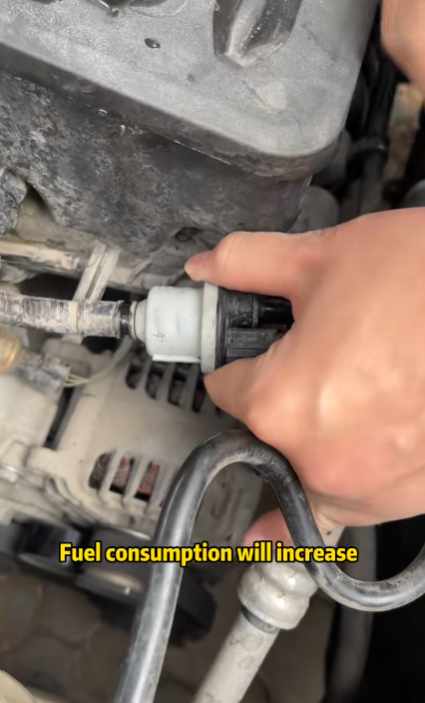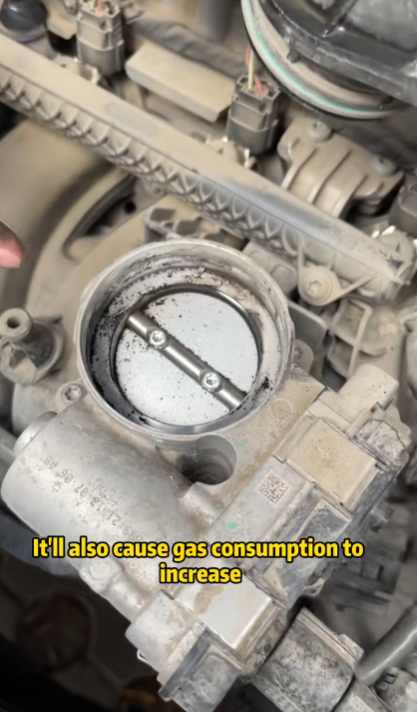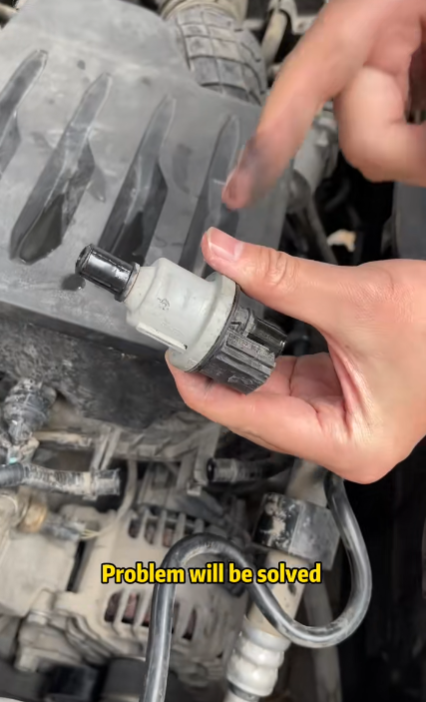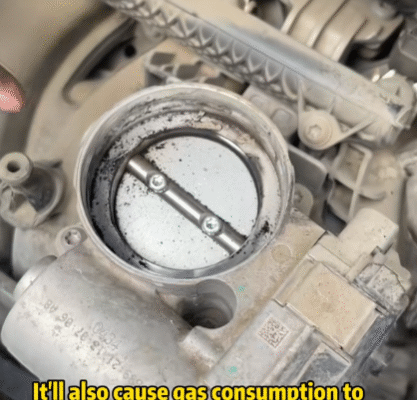
For most drivers, increased fuel consumption is a frustrating and costly issue. When your car starts guzzling more fuel than usual, it not only puts a dent in your wallet but can also signal underlying mechanical problems or poor driving habits. Fortunately, with the right knowledge and a systematic approach, you can identify the causes and take corrective measures to restore your vehicle’s efficiency. Let’s explore the common reasons behind rising fuel consumption and practical steps to solve the problem.
1. Check and Maintain Tire Pressure
Under-inflated tires create more rolling resistance, forcing the engine to work harder and burn more fuel. A tire that is just 5–6 psi below the recommended pressure can increase fuel consumption by up to 3–4%.
Solution:
- Check your tire pressure at least once every two weeks.
- Use the manufacturer’s recommended PSI, usually found in the owner’s manual or on a sticker inside the driver’s door.
- Consider switching to low rolling resistance tires if your car allows it.
2. Inspect and Replace Air Filters
A clogged air filter restricts airflow to the engine, which can cause incomplete combustion and reduce fuel efficiency.
Solution:
- Inspect your air filter every 10,000–15,000 km.
- Replace it sooner if you drive in dusty or polluted environments.
- Opt for high-quality or OEM filters to ensure proper air intake.

3. Maintain the Fuel System
Over time, fuel injectors can become clogged with deposits, causing uneven fuel delivery. This leads to inefficient combustion and higher fuel usage.
Solution:
- Use fuel injector cleaners every 5,000–10,000 km to dissolve buildup.
- Schedule professional cleaning if you notice performance drops.
- Use high-quality fuel from reputable stations to reduce contamination risk.
4. Check Spark Plugs and Ignition System
Worn-out spark plugs or faulty ignition coils can cause misfires, leading to wasted fuel.
Solution:
- Replace spark plugs as recommended (usually every 30,000–50,000 km).
- Inspect ignition wires and coils for damage.
- Use the spark plugs specified by your vehicle’s manufacturer.
5. Monitor Engine Oil and Lubrication
Using the wrong type or grade of engine oil increases friction, making the engine less efficient.
Solution:
- Always use the oil viscosity recommended in your car’s manual.
- Change oil and oil filters on schedule.
- Avoid overfilling, as excess oil can cause drag on internal components.
6. Avoid Excessive Idling
An idling engine still consumes fuel without moving the car. Modern engines don’t need long warm-ups, and prolonged idling wastes fuel unnecessarily.
Solution:
- Turn off the engine if you’re waiting for more than a minute.
- Use the start-stop system if your car is equipped with one.

7. Adjust Driving Habits
Aggressive driving, such as rapid acceleration, hard braking, and speeding, drastically increases fuel consumption.
Solution:
- Accelerate smoothly and brake gently.
- Maintain a steady speed; use cruise control on highways.
- Anticipate traffic flow to reduce unnecessary stops and starts.
8. Reduce Vehicle Weight
Carrying unnecessary weight puts more strain on the engine, which means more fuel burned.
Solution:
- Remove unneeded items from your trunk or back seat.
- Avoid keeping roof racks or cargo boxes installed when not in use, as they increase aerodynamic drag.
9. Maintain the Cooling System
An overheating engine runs inefficiently and consumes more fuel.
Solution:
- Check coolant levels regularly.
- Inspect radiator hoses, thermostat, and water pump for wear.
- Flush and replace coolant at the intervals specified in your manual.
10. Inspect the Exhaust System
A faulty oxygen sensor or catalytic converter can cause the engine to run rich, burning more fuel.
Solution:
- Replace oxygen sensors as recommended (often every 80,000–160,000 km).
- Have the catalytic converter inspected if you notice reduced performance or unusual exhaust smells.
- Use a diagnostic scan tool to check for trouble codes.

11. Wheel Alignment and Suspension
Misaligned wheels cause uneven tire wear and increased rolling resistance, leading to higher fuel use.
Solution:
- Get a wheel alignment check every 10,000–15,000 km or after hitting potholes.
- Replace worn suspension components to keep handling stable and efficient.
12. Use the Air Conditioner Wisely
The air conditioner puts extra load on the engine, especially at low speeds, increasing fuel consumption.
Solution:
- Use AC only when necessary.
- At low speeds, open windows for ventilation; at higher speeds, windows up with AC is more aerodynamic.
- Maintain your AC system so it runs efficiently.
13. Keep the Engine Tuned
An engine that is out of tune wastes fuel. Even small issues like a dirty throttle body or worn timing belt can reduce efficiency.
Solution:
- Follow the manufacturer’s maintenance schedule for tune-ups.
- Replace timing belts, PCV valves, and other small components as needed.
- Clean the throttle body and mass airflow sensor periodically.
14. Avoid Short Trips When Possible
Cold engines consume more fuel because they run richer until reaching optimal operating temperature.
Solution:
- Combine errands into one trip to reduce cold starts.
- If possible, use alternative transportation for very short distances.
15. Consider Eco-Friendly Upgrades
Modern technology offers tools and upgrades to help reduce fuel usage.
Options include:
- Installing a fuel economy monitoring device to track consumption in real-time.
- Switching to synthetic lubricants for reduced friction.
- Using lightweight wheels to improve efficiency.

16. Check for Fuel Leaks
Although rare in modern cars, fuel leaks not only waste gasoline but also pose a safety hazard.
Solution:
- Inspect under the car for fuel smell or wet spots.
- Have a mechanic check fuel lines and the tank for leaks.
17. Diagnose with Professional Help
If your car continues to consume more fuel despite taking basic measures, it might have hidden issues like a failing transmission, faulty sensors, or worn engine parts.
Solution:
- Visit a trusted mechanic for a comprehensive diagnostic.
- Use an OBD-II scanner to detect error codes yourself if you have the tool.
Final Thoughts
Increased fuel consumption isn’t something to ignore. Sometimes the cause is as simple as low tire pressure or a clogged filter; other times, it points to more serious mechanical problems. By combining good maintenance practices with efficient driving habits, you can reduce fuel usage, save money, and extend your vehicle’s lifespan. Regular inspections, timely repairs, and mindful driving will ensure your car runs efficiently for years to come.



